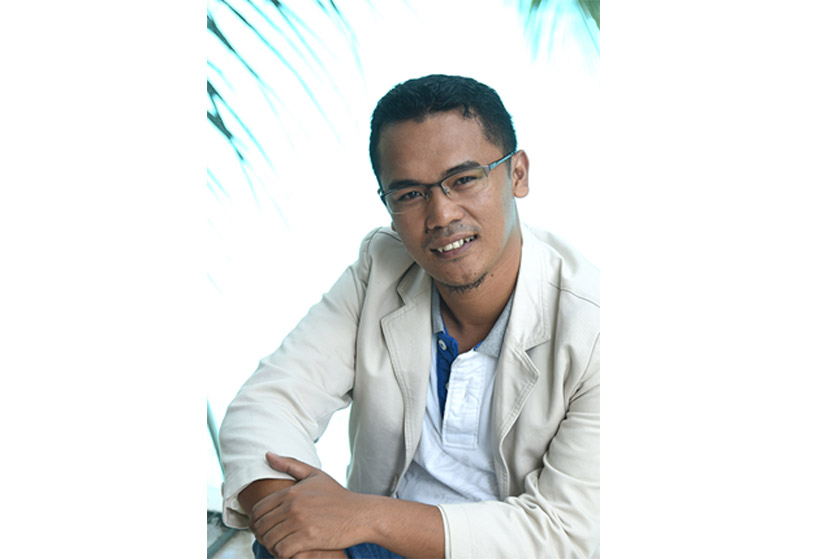Project Leader: Mr Tanda Soalagogo Sirait
University of Origin: University of Canberra
Collaborating Organisations: Not Available
Project Location: NTT
Activity Type : Capacity building, mentoring or coaching
Sector : Economics, Infrastructure planning, Water and sanitation, Aquaculture/fisheries, Disaster Prevention and Management, Communicable disease prevention, Health management, Health services, Public health, Education and training, Human resources development, Public sector reform, Environmental law, and Monitoring and evaluation
Project Objective :
To deliver healthy environment education to 48 households and more in Kupang, NTT with 2-day workshop and 10-day-in-service community discussion.
To upgrade the quality of environment by up to 50% through waste water environmentally friendly at Oeba community in Kupang, East Nusa Tenggara.
To safety reuse waste water up to 85% for daily need.
To provide a better sanitation by upgrading 50% of the sanitation management construction.
To achieve zero slum as national target in 2019.
Promoting healthy public building bu disseminating brochures, modules, pamphlets, CDs and social media platforms.
Project Description:
The project is about waste water management in a Public Flat (Indonesia term: RUSUNAWA) at Oeba, Fatubesi, Kupang City, NTT. The flat is rented for 48 households marginalized people, majority is the traditional sellers nearby the traditional market. The area which is located closed to coastal area is used for economy and business centre in Kupang like traditional market, stores, business and offices, fish auction and Hindu temple. This project is intended to create environmentally friendly wastewater treatment at the community.
This program covers three steps. Firstly, collecting and analysing data to gain detail and mathematically engineering and design for waste water construction at the flat. Secondly, training and intensive workshop for capacity building to the 48 households and the other related stakeholders. It is hoped that the people will gain knowledge how to produce bio-gas. At the same time, it can provoke them how to live in healthy life style and to save environment through reducing the gas emmissions production. Furthermore, it will helps them to save some money from buying unfriendly power energy from fossil fuels. Thirdly, constructing the proper waster water installation.
Lastly, educating community by raising awareness about friendly energy and healthy lifestyle.
This program is hoped to become a pioneer of waste water management in densely populated settlements typical in urban areas in Indonesia particularly in Kupang city, NTT. Moreover, it potentially minimises the negative impact either to the environment, coastal areas and surrounded communities in Kupang, NTT.
Project Beneficiaries:
48 households could upgrading the capacity building in social and economy up to 80%. For instances, reduce 80% dysentery, dengue fever outbreaks at Oeba community.
10 government institutions and 15 private coorporates could improve their skill
300,000 people to educate
5000 sellers and street vendors gain the health environment and education
Ecosystem in coastal area, Fishing auction and other marine products, Fishermen and buyers, and Municipality policy makers
Priority Development Area:
Economic institutions and infrastructure
Links with Australia:
Griffith University


 Waste Water management in Oeba Public Flat in Kupang
Waste Water management in Oeba Public Flat in Kupang
